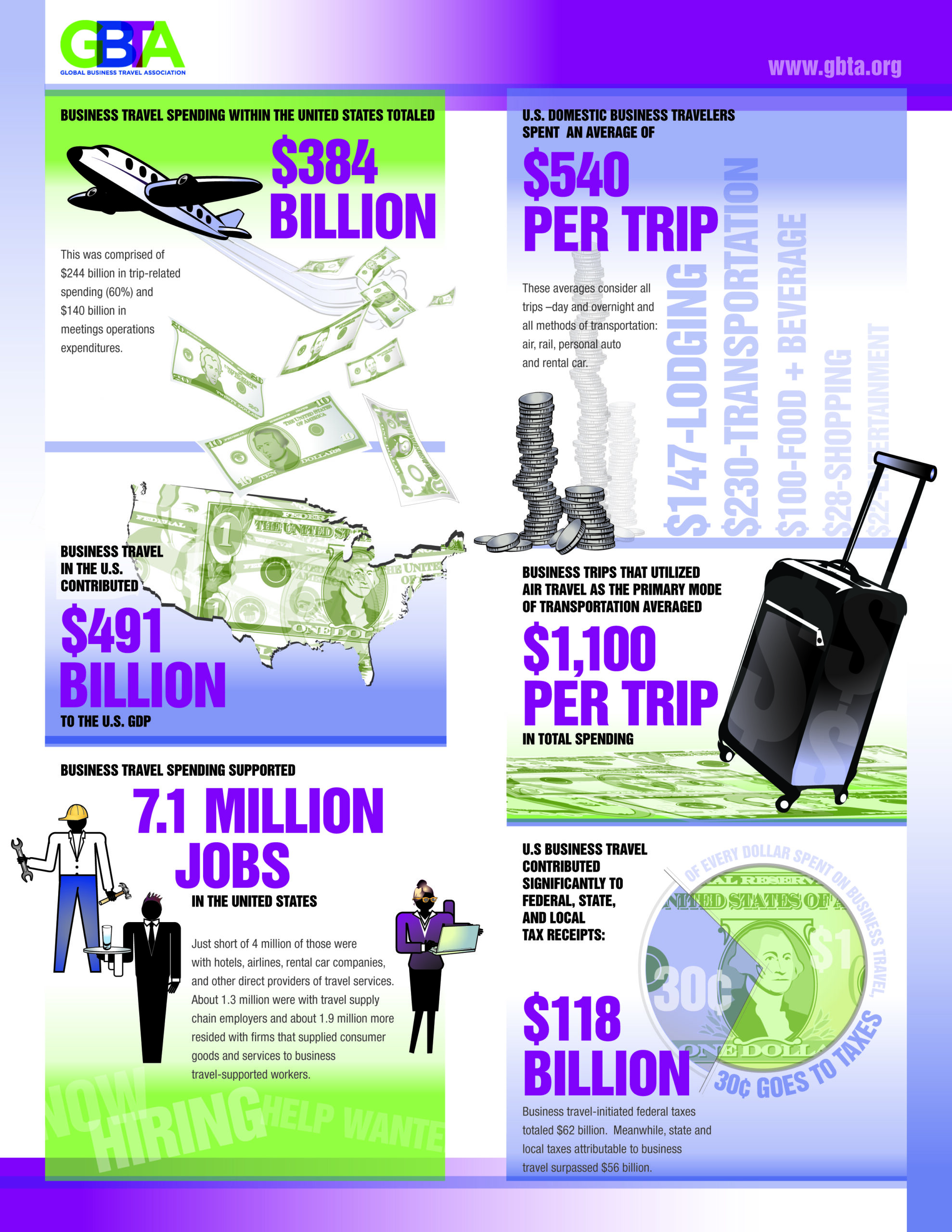Breaking Down the Budget – A Business Travel Perspective
The White House recently released its proposed fiscal year 2015 Federal Budget. Although there is no chance that Congress will pass the budget in its current form, it does provide us with a sense of the President’s travel-related priorities. But more importantly, it is a cautionary tale about the future without a comprehensive, long-term national travel policy.

Despite a few bright spots, the proposed budget raises a number of serious concerns. If enacted, some of the proposed measures would actually hamper business growth and thus hinder the overall economy. Specifically, the proposed budget continues an assault on the wallets of road warriors. The President proposes surcharges for air traffic control that undoubtedly will be passed on to business travelers. The proposed budget authorizes airports to impose passenger facility charges of $8.00 per segment – up from the current $4.50 level. Even worse, the budget calls for an increase in the TSA fee, which was just doubled. In total, air travelers would face a 26 percent increase in taxes and fees on a tax burden that already reaches 30 percent of every travel transaction! These increases are clearly meant to solve other budget problems unrelated to travel, since the budget acknowledges cost savings in the hundreds of millions of dollars from efficiencies relating to risk-based security.
There is no doubt that the country’s infrastructure needs updating, and such improvement requires additional resources. Traditional sources of funding are no longer adequate. The Obama budget projects these additional travel-related taxes and fees will raise $4.2 billion, roughly half of which will come from business travelers.
The overarching dilemma is clear. Although we need new sources of funding to pay for these investments, it cannot come from overburdening an already overtaxed travel industry. Travel is already taxed higher than industries such as alcohol, tobacco and firearms. The repercussions on the economy will be significant if we tax more, but also if we cut budgets for needed travel-related investments.
In 2012 alone, U.S. businesses spent $384 billion to send travelers on 452 million business trips. This travel was responsible for about 3 percent ($491 billion) of U.S. GDP. For every 1 percent increase in business travel spending, the U.S. economy gains an additional 71,000 jobs, nearly $5 billion in GDP, $3 billion in wages, and $1.2 billion in tax collections. Business travel is the single most effective form of investment in any economy.
The proposed tax and fee increases would have significant negative effects on this travel. A recent study on demand elasticity in the hospitality industry shows that the proposed 26 percent increase would reduce trip demand by $4.5 billion – and therefore reduce the total federal tax revenue by $1.7 billion. The reduced travel demand would also lead to 86,000 job losses and a $5.8 billion decrease in GDP.
While the overall effect of the President’s budget is negative, there are some positive aspects to highlight. For example, the budget calls for re-investments in Trusted Traveler programs such as Pre-Check. It presses for improvements in the wait times for visa processing and international arrivals. It contains new operational procedures for NextGen, improvements to Amtrak’s heavily traveled Northeast Corridor and a commitment to increased funding for the nation’s infrastructure. These are all positive indicators that the Administration does want business travelers out on the road generating economic opportunities, but these proposed actions do not offer significant, lasting support.
Business travel is critical to the health of the broader economy. We need Congress and the Administration to draft and implement policies to shore up the nation’s transportation infrastructure without placing undue burden on the business travel industry. Asking the industry to bear the burden that is currently proposed ultimately will harm the economy more than it will help by dampening the demand for travel and thus suppressing business growth – the most important part of any economic engine. Our elected leaders are more than capable of crafting a better budget, and GBTA and the entire business travel industry are willing to assist in that process.

